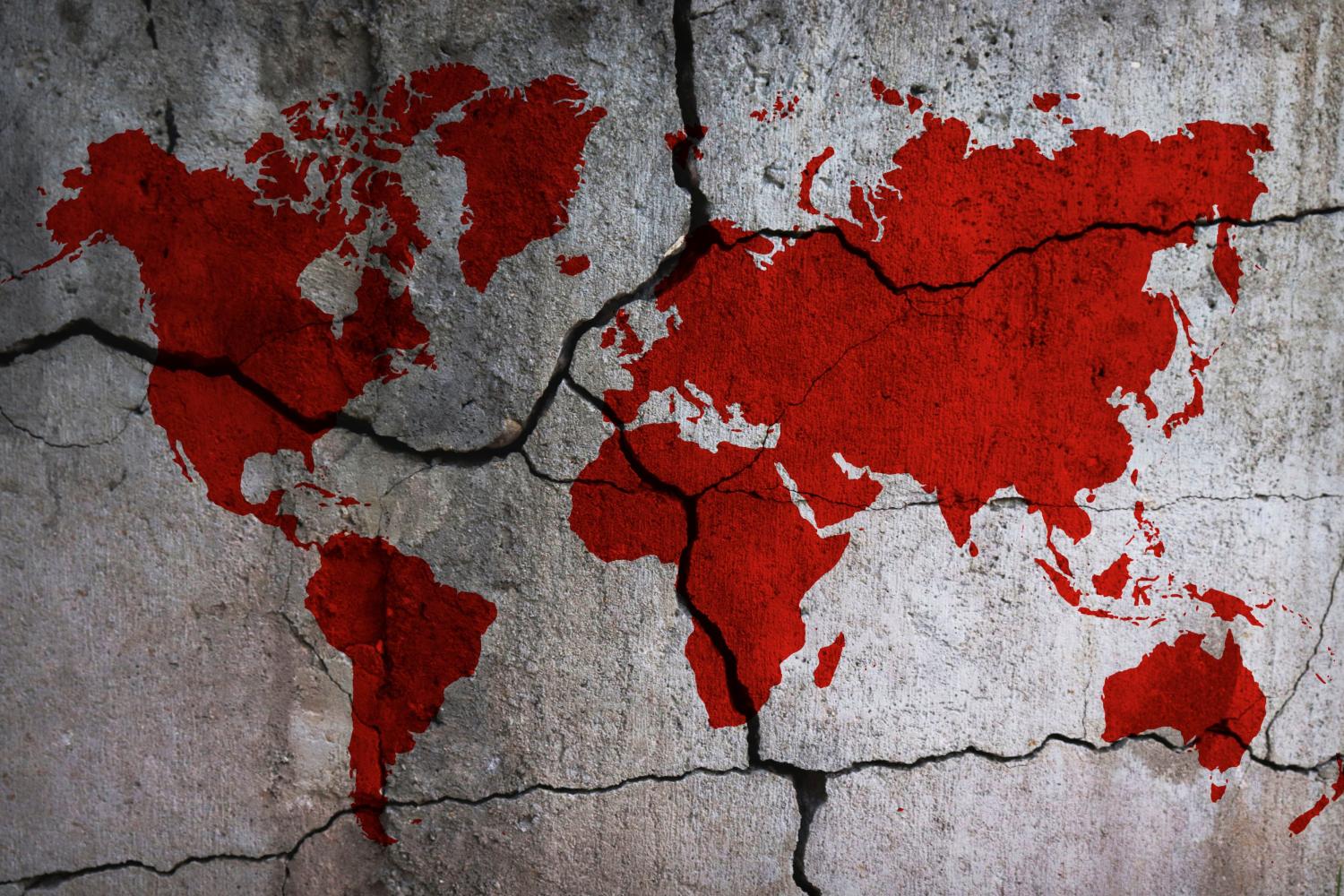The paper summarized here is part of the Spring 2023 edition of the Brookings Papers on Economic Activity (BPEA), the leading conference series and journal in economics for timely, cutting-edge research about real-world policy issues. The conference draft of this paper was presented at the Spring 2023 BPEA Conference (recordings and slides are available via the link). The final version was published in the Spring 2023 issue by Johns Hopkins University Press. Submit a proposal to present at a future BPEA conference here.
Download final paper with online appendix, discussion comments, and general discussion summary
Download data/programs for final paper
The globalization of the world economy continued even through the COVID pandemic, but recent changes in government policy and public sentiment could herald a new era of deglobalization, suggests a paper discussed at the Brookings Papers on Economic Activity (BPEA) conference on March 31.
The authors—Pinelopi K. Goldberg of Yale University and Tristan Reed of the World Bank—use data on trade, capital flows, and immigration to show that, after advancing rapidly for two decades, globalization slowed, but continued, after the 2008-2009 financial crisis.
Government policy and public sentiment began to shift toward deglobalization around 2015 with increasing concern about the labor market impact of U.S. imports from low-wage countries fueling a trade war between the United States and China. But the economic effects, though meaningful, were not enough to reverse decades-old globalization trends, according to the paper, Is the Global Economy Deglobalizing? If So, Why? And What Is Next?
The pandemic raised questions about the fragility of global supply chains and generated demands for “reshoring” production domestically. But, after a temporary decline in 2020, trade increased sharply. U.S. firms, for the most part, held onto their relationships with foreign suppliers and even pursued new ones.

“If anything, trade increased economies’ resilience during the COVID pandemic,” the authors write. For example, imports of face masks from China and Korea met demand that could not be matched by U.S. suppliers.
However, Russia’s invasion of Ukraine in February 2022, by exposing Europe’s dependence on Russia for energy, created new demands for reshoring and “friendshoring” (trading only with friendly countries). For instance, the United States in October 2022 imposed sweeping restrictions on semiconductor exports aimed at preventing China from advancing technologically.
“We are in a shifting landscape.”
“These developments can plausibly be considered the markers of a new era,” the authors write. They conclude their paper with “highly speculative” thoughts about the long-run potential consequences if deglobalization has, in fact, begun. Among them:
- Increased friendshoring could increase countries’ resilience to geopolitical shocks, such as war, but decrease resilience to other shocks, such as pandemics.
- Growth and innovation could slow in a deglobalizing world economy, with a decoupling between the United States and China posing a particular threat.
- Decreased foreign competition in the form of trade and immigration could contribute to higher prices and wages in the United States.
- As advanced economies turn inward, poverty reduction and development could slow in small, low-income countries that have relied on exports.
“We are in a shifting landscape,” Goldberg said in an interview with The Brookings Institution. “We clearly see a reversal in policy. We don’t see the results in data yet, but given the reversal in policy, you would expect big effects down the road.”
CITATION
Goldberg, Pinelopi K. and Tristan Reed. 2023. “Is the Global Economy Deglobalizing? If So, Why? And What Is Next?” Brookings Papers on Economic Activity. Spring. 347-396.
Antràs, Pol. 2023. “Comment on ‘Is the Global Economy Deglobalizing? If So, Why? And What Is Next?’” Brookings Papers on Economic Activity. Spring. 397-409.
Irwin, Douglas A. 2023. “Comment on ‘Is the Global Economy Deglobalizing? If So, Why? And What Is Next?’” Brookings Papers on Economic Activity. Spring. 410-417.
Discussants


-
Acknowledgements and disclosures
The authors did not receive financial support from any firm or person for this article or from any firm or person with a financial or political interest in this article. The authors are not currently an officer, director, or board member of any organization with a financial or political interest in this article.
David Skidmore authored the summary language for this paper. Chris Miller assisted with data visualization.




